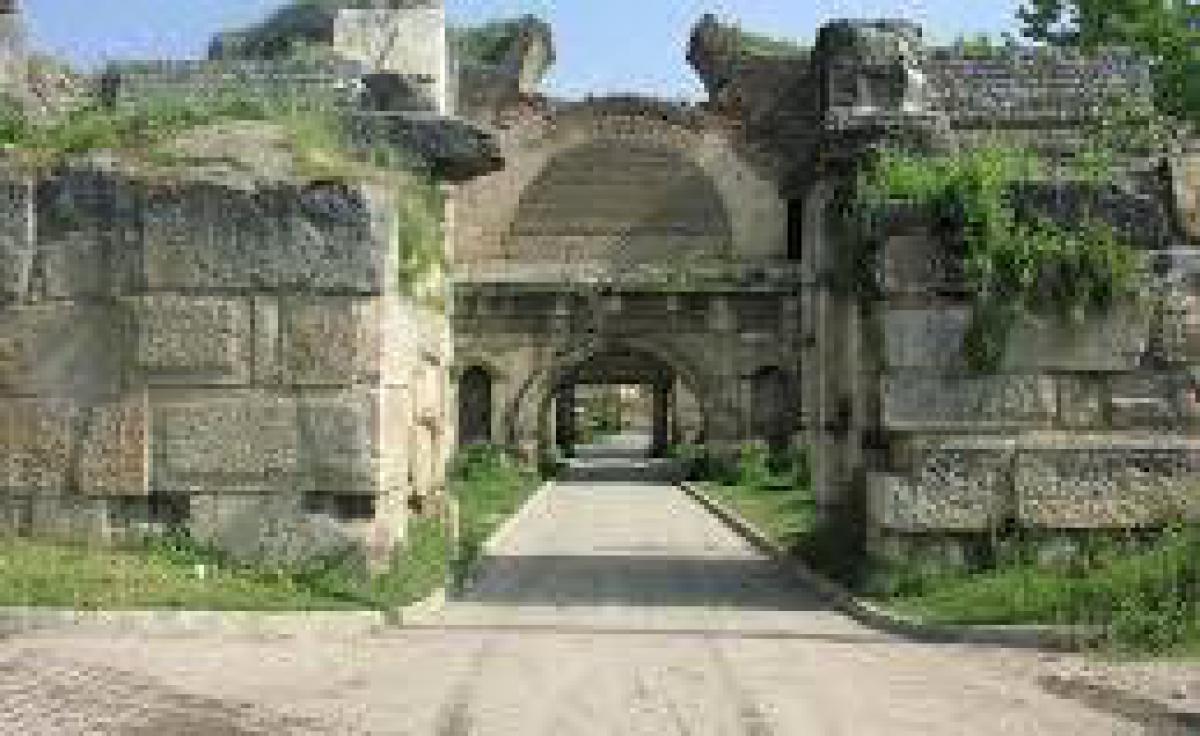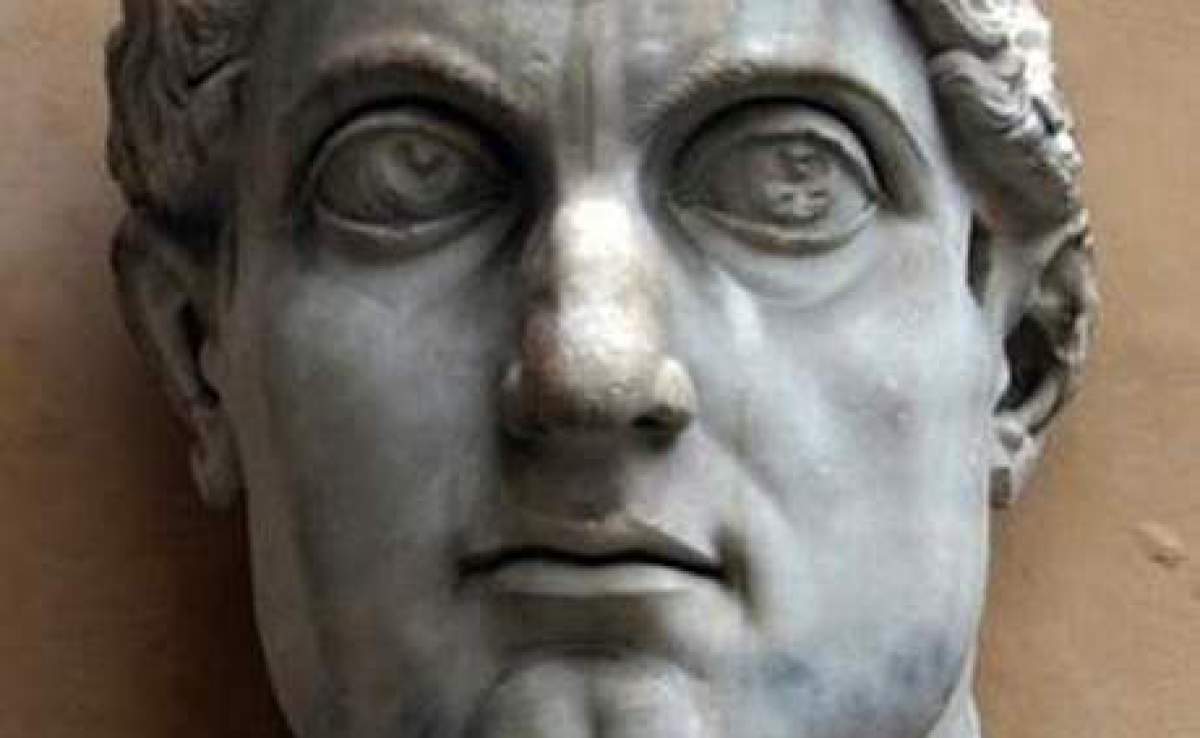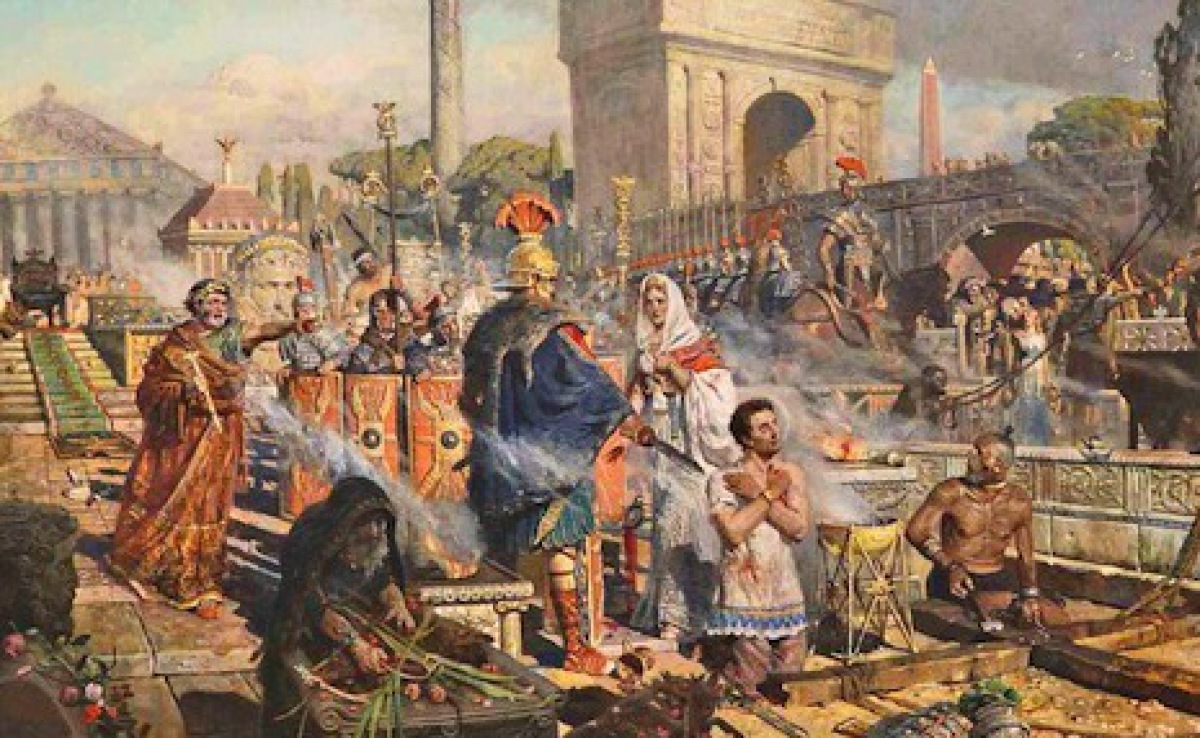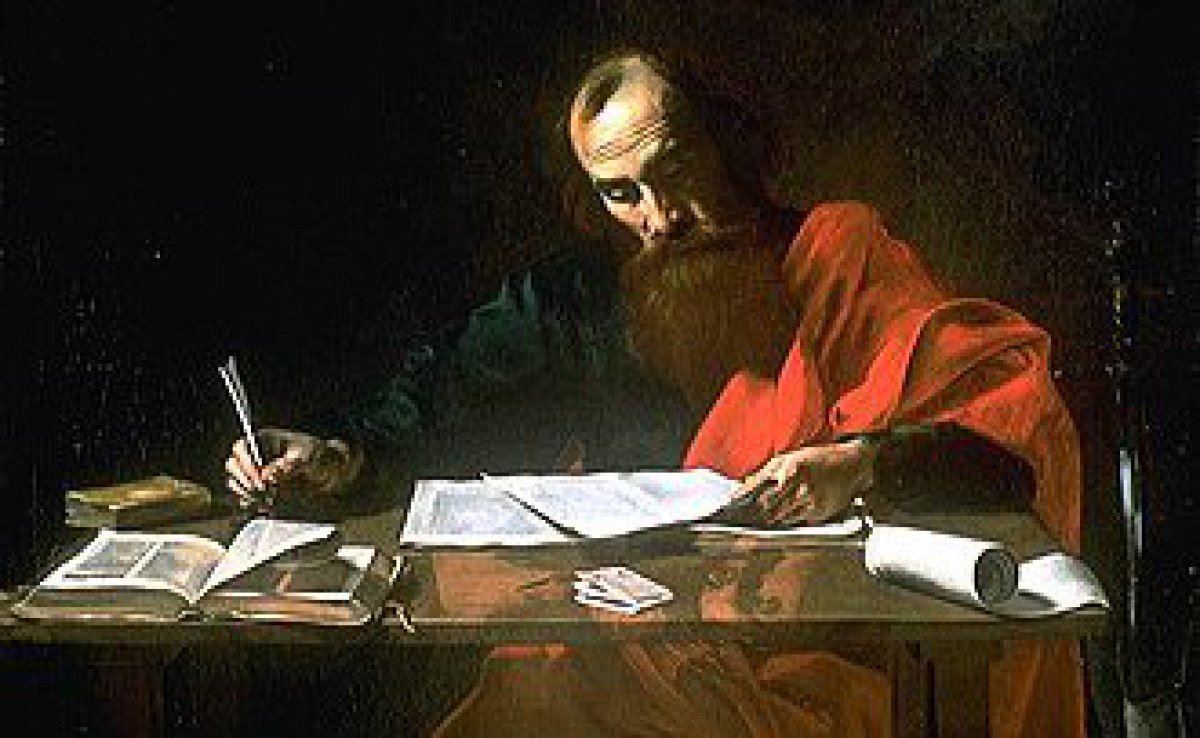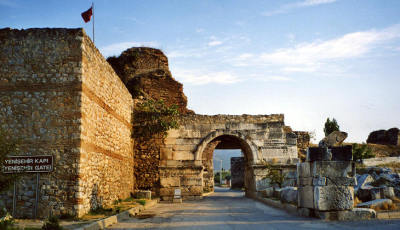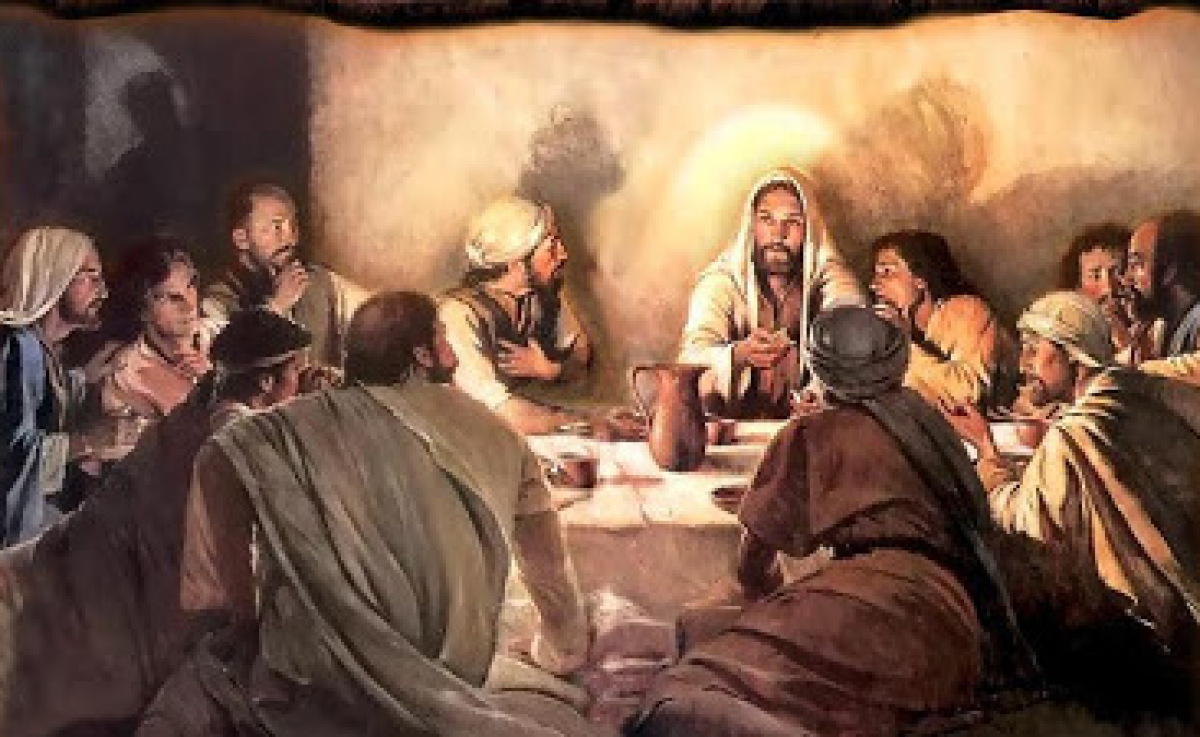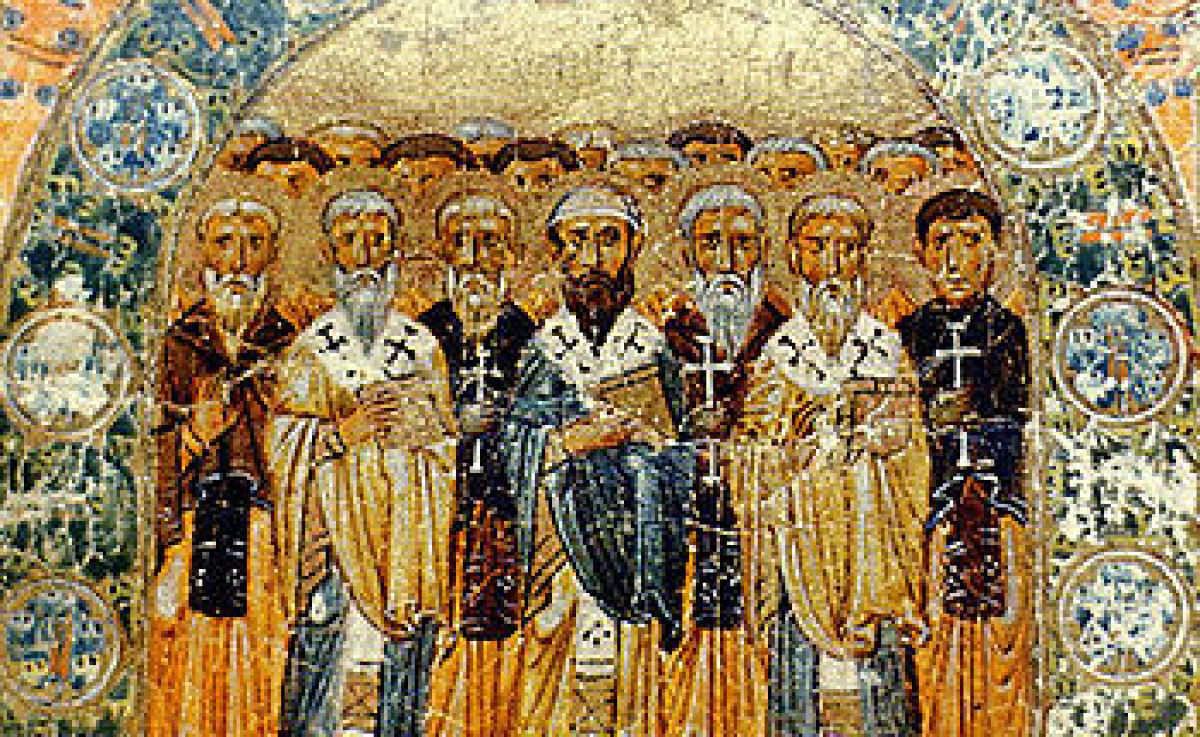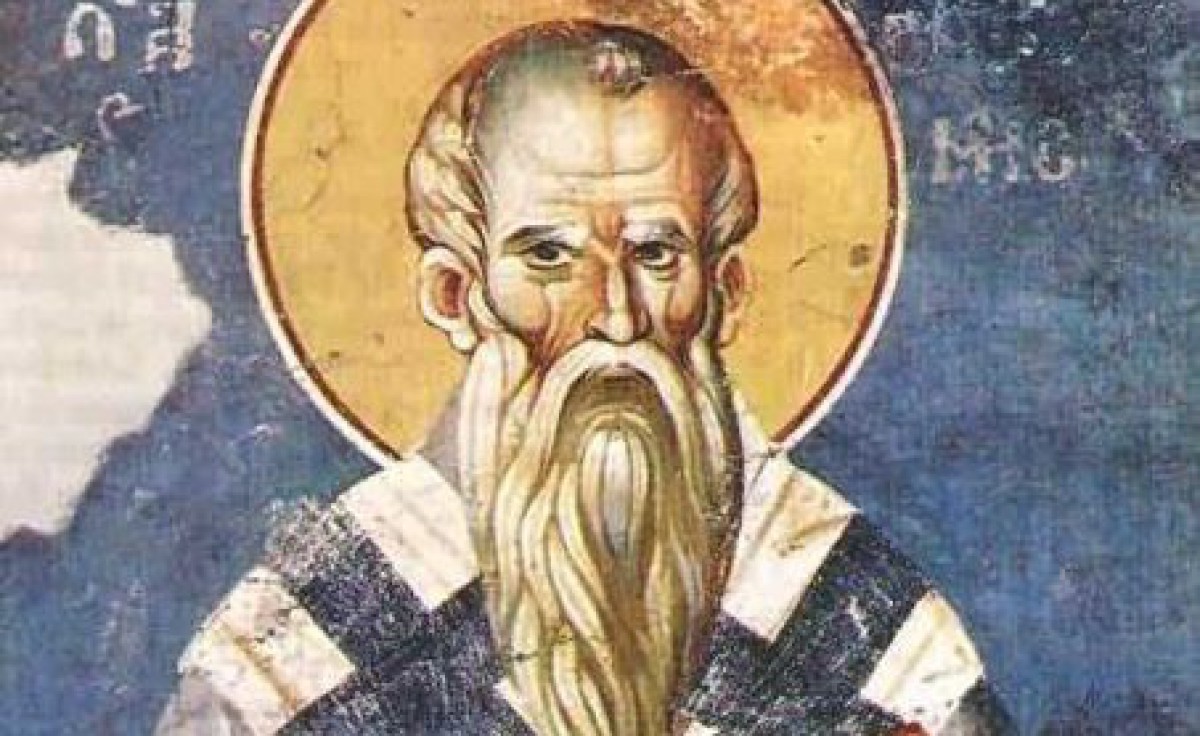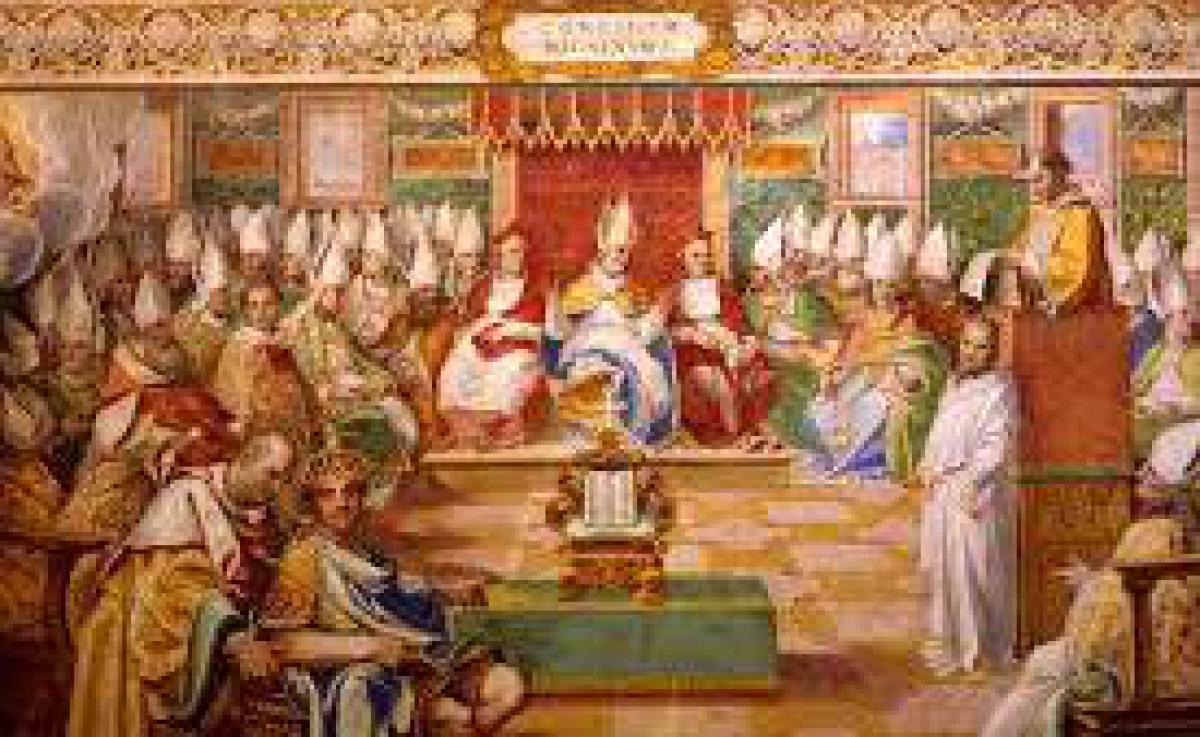Early Christian History
100 to 400 AD
What happened at the Council of Nicaea?
Early Christianity - Nicaea
In the early fourth century A.D., Christian bishops in the Roman Empire traveled to the ancient town of Nicaea at the direction of Emperor Constantine the Great for the first time as an ecumenical council. Many of the bishops had walked in suffering for their faith, but now they rode in comfort to Nicaea with numerous priests and deacons—all traveling in comfort at the emperor's expense. Nicaea was an ancient Greek city in the northwestern Anatolian region of Bithynia. known today as Iznik in modern-day Turkey, located in a fertile basin at the eastern edge of Lake Ascanius and surrounded by hills.
Constantine called the bishops together to unify 4th-century Christians in the face of growing theological disputes over the divinity of Christ. Some 318 delegates gathered in an ornate chamber of the emperor's grand lakeside palace from May to June of 325 A.D. In the center of the chamber lay the four gospels, with Constantine wearing a purple gown and a silver wreath. The emperor opened the ecumenical council, telling the delegates to resolve their differences. "I rejoice to see you here, yet I should be more pleased to see unity and affection among you."
Many bishops argued that God the Father created Christ the Son before the beginning of time, whereas others asserted that Christ had the same divine essence as God the Father. Finally, after much debate, a creed was written and signed by most of the bishops. However, disagreement over the meaning of the Scriptures on the deity of Christ lasted for over fifty years, when a second council of bishops met in Constantinople and adopted an expanded form of the earlier creed.
The Nicene Creed, embraced in 381 A.D., affirms the doctrine of the Trinity: that God is three "persons" (Father, Son, and Spirit) in one nature or essence. Each person is fully divine, yet each is distinct.
~ ~ ~
The Nicene Creed, adopted in AD 381 at Constantinople, is the most widely used brief statement of the Christian Faith. In Liturgical Churches, it is said every Sunday as part of the Liturgy. The creed is the common ground to East Orthodox, Roman Catholics, Anglicans, Lutherans, Calvinists, and other Christian denominations. Nevertheless, many Christians who do not have a tradition of using it in their services are committed to the doctrines it teaches.
~ ~ ~
"It’s not an exaggeration to say that after the Bible, the Nicene Creed may be the most important Christian text ever written. Since the 4th century, the Nicene Creed has served, certainly, as the most influential, most ecumenical, which just means widespread across the whole globe, and arguably the most widely used statement of faith in the history of the Church." -- Dr. Kevin DeYoung, Pastor, Professor, Author
Why the Nicene Creed is the most important Christian text aside from the Bible
--- from Christian History Institute
Summaries of Early Christian Beliefs
What is the Doctrine of the Trinity?
Our Triune God and the Christian Life
Christianity in the Ante-Nicene Period
What did worship look like in the Early Church?
Early Christian Centuries
First Century A.D.
The 1st century is focused on the formative years of the Christian faith. The earliest followers of Jesus are primarily Jews, which historians refer to as the Jewish community. The apostles left Jerusalem, following the Great Commission of Jesus to spread His teachings to "all nations".
Fourth Century A.D.
The 4th century was dominated in its early stage by Constantine and the First Council of Nicaea. This was the beginning of the first seven Ecumenical Councils (325-787), and in its late stage by the Edict of Thessalonica of 380, making Nicene Christianity the state church of the Empire.
"He [Jesus] is the image of the invisible God, the firstborn of all creation. For by him all things were created, in heaven and on earth, visible and invisible, whether thrones or dominions or rulers or authorities--all things were created through him and for him. And he is before all things, and in him, all things hold together. And he is the head of the body, the church.
"He is the beginning, the firstborn from the dead, that in everything he might be preeminent. For in him all the fullness of God was pleased to dwell, and through him to reconcile to himself all things, whether on earth or in heaven, making peace by the blood of the cross." (Colossians 1:15-23)
Saga in three historical novellas under one cover.
Backdrop of persecution during early Christianity.
Priceless ancient codex is object of relentless quest.
"Entertaining and illuminating"
-- Rodney Stark, author of The Triumph of Christianity
"A solid, enjoyable read"
-- Anne McNulty, Historical Novel Society
"Knows how to spin a story"
-- Kathryn Bennett, for Readers Favorite
Published by Redemption Press. Also available at Amazon and other online stores.
AI Overview
"The 'Nicaea Trilogy' . . . is a collection of three historical novellas that explore the theme of a rare, ancient codex and its journey through time. The novellas are set against the backdrop of significant historical events, from the fall of Jerusalem in 70 AD to the Council of Nicaea in 325 AD, and include an epilogue set in the early 20th century."
Copyright 2015 - 2026. EarlyChristians.net.
All rights reserved.
